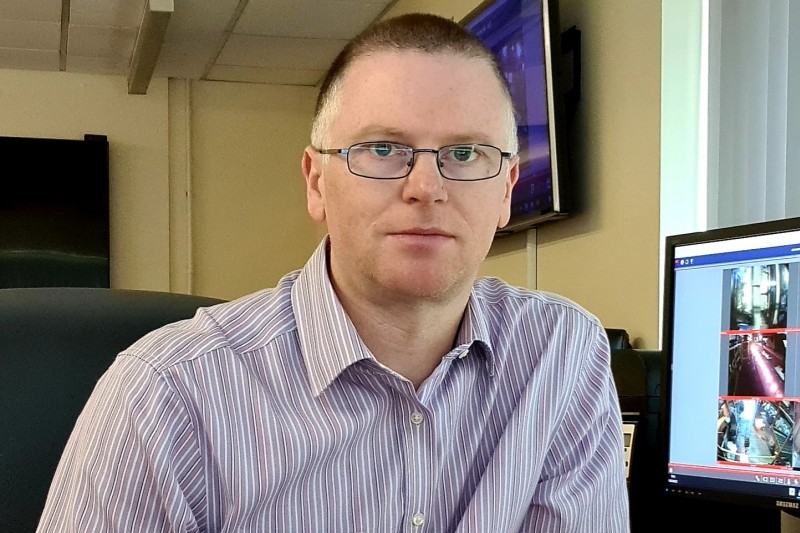Like many people, BU graduate Steve Merritt chose a business studies degree because it offered him a broad base from which to launch his career.
Fast forward 21 years and, as Steve reflects, the decision turned out to be a sound one. Now working as General Manager for EURAC Poole, part of the MAT Foundry Group, having some knowledge of a diverse range of business operations is a useful attribute. Steve says: “My role now involves overseeing or working closely with colleagues in HR, marketing, finance and manufacturing. My degree gave me a broad understanding of business which continues to benefit me today. It means I have a good grasp of what is happening across the business and I can easily relate to issues facing colleagues in other departments.”
While business studies was one clear choice for Steve, the other was pursuing a career in the manufacturing sector. Inspired by his father, he has always had a passion for understanding how things are made and work. His first experience of the sector was a placement year with Portsmouth-based ship builders, Vosper Thornycroft. Having made a good impression on placement, the company sponsored Steve for the final year of his degree and went on to provide him with his first graduate role.
Steve recalls: “The placement year was great, particularly after two years of studying for the degree. It enabled you to see how the theory worked in practice, and to bring that practical application back into the classroom for the final year.”
On returning to Vosper Thornycroft, Steve went on to become Operations Services Officer at a time when the company diversified into aerospace. As the company won a number of defence contracts, Steve enjoyed the opportunity to work across the UK’s Ministry of Defence sites where he managed the maintenance of important aircraft.
After a short career break to travel the world, Steve returned to his love of manufacturing and engineering by joining EURAC in Poole. The foundry, which is now part of the American-based MAT Group, casts and distributes brake discs for vehicle manufacturers around the world. Today it processes around 50,000 tonnes of grey iron a year to produce more than three million brake discs for commercial, passenger and racing vehicles.
Now in a position to recruit new entrants to the sector, Steve’s advice to new graduates is to make the most of opportunities to gain practical experience. He said: “Degrees with a placement year are a real advantage. But if students can’t do that, then seek other opportunities to supplement your learning with practical experience. It really pays off when it comes to showing what you can do at interview. I would also advise anyone moving into business to spend some time exploring psychology. In a labour intensive business it pays to know your people and understand how to get the best out of them.”
